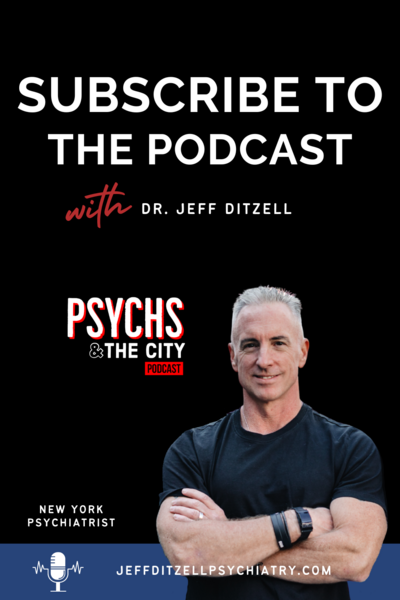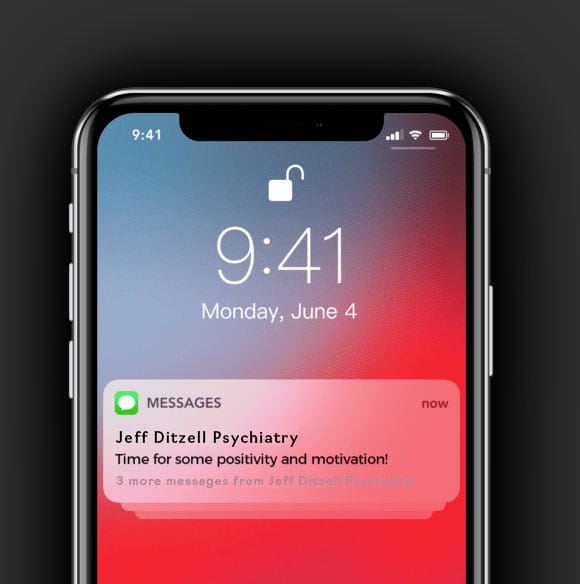
Do you what ADHD in adults looks like? Are you in trouble at work, again, because you didn’t get everything done by the deadline? But you can’t lose your job, not now, because your overspending has racked up major credit card debt, especially since you forgot to pay the bill last month and now there’s a late fee, too.Â
Though you wince thinking of all the times a friend or coworker has accused you of being lazy, irresponsible, or undependable, there’s a good chance that you’re not any of those things at all. You may just have adult ADHD.
Somewhere between 4 and 5 percent of adults struggle with ADHD, and the numbers may actually be higher, as many people with ADHD don’t realize they have it. The problem is, adult ADHD is one of those conditions that doesn’t come with a flashing red light. Its symptoms can mimic many other conditions, as well as the everyday blur or normal life.
Adult ADHD can present in a variety of ways that aren’t necessarily stand-out, obvious symptoms. For example, difficulty concentrating can be caused by having too much on your mind as you juggle work, family, the state of the world. Or, it can be a symptom of ADHD.
Ongoing restlessness could be due to anxiety over whether or not the guy in the next cubicle over is going to get that promotion you’ve been aiming for, or it could be adult ADHD.
In this fast-paced, multitasking modern life, it’s easy to think that your inability to concentrate is just a symptom of being over-worked and over-stressed. And it may be. Or, it might be a symptom of Adult ADHD.
Whether they’re caused by ADHD or not, things like forgetfulness, trouble focusing, and procrastination can be annoying when it comes to picking up milk at the store, or devastating when it comes to whether or not you turned the oven off before leaving on vacation.
So finding out for sure whether you’re dealing with the struggles of everyday life or adult ADHD is serious. Either way, you can do something about it and get your life back.
Having the risk factors for adult ADHD doesn’t mean you actually have ADHD, but it can help you look in the right direction for diagnosis and treatment. These are some risk factors that make a person more likely to develop ADHD:
ADHD in adults can be tough to diagnose, as adult ADHD symptoms are similar to other mental health conditions such as depression and anxiety, which are also common in adults. But to find the right treatment that actually relives your symptoms, you’ve got to get an accurate diagnosis.
Treating the symptoms of adult ADHD is not a one-size-fits-all situation.
When looking for a psychiatrist to give you an accurate diagnosis, make sure to seek out a professional that specializes in adult ADHD, so they’ll be able to differentiate the small details in symptoms that can affect treatment options.
Diagnosing adult ADHD typically includes a full physical workup to make sure that no underlying medical conditions are causing the adult ADHD symptoms. Additional psychological testing, as well as a symptom history, will help your provider diagnose the source of your symptoms and help you find the right treatments.
Absolutely. Though the condition isn’t curable, there are numerous treatments for adult ADHD that can help you manage your symptoms and get on with your life without ADHD standing in your way! Medications, cognitive behavioral therapy, stress management, life coaching, and family therapy can help you and your family overcome the challenges of adult ADHD.Â
In addition to medication, therapy, and life coaching, lifestyle changes can make a tremendous difference in your quality of life. Try ADHD lifestyle tips that you can start making today to make living with adult ADHD easier. HINT: These tips also work well for people without ADHD!
Dr. Jeff Ditzell helps adults with ADHD in New York City overcome their symptoms and get things done. Weekend, evening and Telehealth appointments available. To schedule your appointment, call 646-751-7908.

Dr. Jeff Ditzell, D.O. is the lead psychiatrist at Dr. Ditzell Psychiatry with over 25 years experience treating people for Anxiety, Depression, OCD, PTSD, Adult ADHD, Bipolar Disorder, using ketamine treatments, psychotherapy, and so much more.
 Hello,
I'm Dr. D!
Hello,
I'm Dr. D!
At my psychiatry practice in New York Cty, we're focused on giving you a 360 approach to mental health. It's time we end the stigma on mental health.

Each week we'll explore all things Mental Health, Mindset, Fitness, and Psychiatry!
tell me moreYou know what they say “self-care” is the best care. Why not kick off your morning the right way by signing up to receive our positive text messages reminding you to be mindful and encouraging you to conquer the day!
